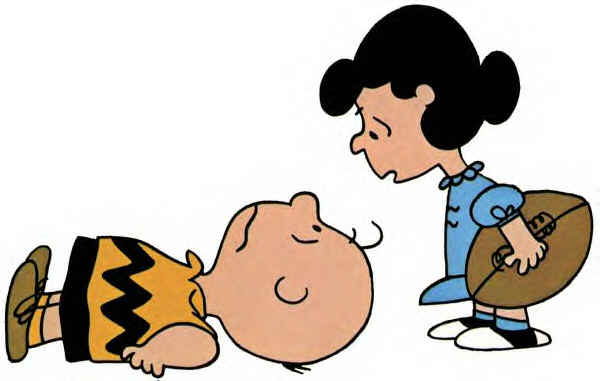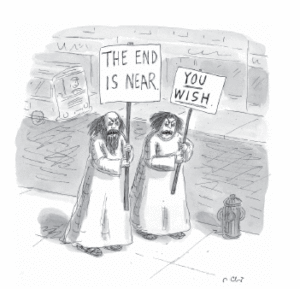November 26th in Science Fiction and Comics History

Charles M. Schulz
Although his high school yearbook rejected all the drawings he submitted to it, Charles M. Schulz (November 26, 1922 — February 12, 2000) went on to become one of the most enduringly popular figures in the history of cartooning with Peanuts. At its height, Peanuts appeared in over 2,600 papers in 75 countries and in 21 languages, with total revenues (including merchandising) of over $1 billion a year. Since Schulz’s death in 2000, reprints of the strip continue to appear daily.
Frederik Pohl
November 26, 1919 — September 2, 2013
Frederik Pohl is an important figure in the history of both science fiction and science fiction fandom. He won four Hugo and three Nebula Awards, the John W. Campbell Memorial Award, the National Book Award, the SFWA Grand Master Award, and was named to the Science Fiction and Fantasy Hall of Fame in 1998.
As a teenager, Fred Pohl co-founded the legendary Futurians, a group of science fiction fans that included Isaac Asimov, Don Wollheim, James Blish, Hannes Bok, Cyril Kornbluth, and many others. At the age of 20, he was the editor of Astonishing Stories and Super Science Stories, contributing numerous stories under a variety of pseudonyms because of his low budget for buying stories. In the 1930s and 1940s, he was a literary agent, representing the majority of successful science fiction writers, and in the 1950s and 1960s he edited two more of the leading magazines in the science fiction field, Galaxy and If, winning multiple Hugo and Nebula Awards. He was named a Nebula Grand Master in 1993.
As a writer, he’s known for his collaborations with Cyril Kornbluth, including The Space Merchants, chronicling a dystopian future in which advertising agencies rule the world. No less than Kingsley Amis called it “the best science fiction novel so far,” and many other critics compared it favorably to Brave New World. The Space Merchants is cited by the Oxford English Dictionary as the first known source of the words “soyaburger,” “R&D” as an abbreviation for “research and development,””sucker-trap” for a shop aimed at gullible tourists,” and “survey” as a verb meaning to carry out a poll.
His solo work includes the Heechee saga, beginning with 1977’s Hugo and Nebula winning Gateway, the Nebula winning Man Plus, and 1980’s Jem, which won the National Book Award. He was the Encyclopedia Brittanica’s expert on the emperor Tiberius, did original work in binary mathematics (including the development of a method to count up to 1,024 on ten fingers), and coined Pohl’s Law: “Nothing is so good that someone, somewhere will not hate it.”
Dave Cockrum
November 11, 1943 — November 26, 2006
American comic book artist Dave Cockrum is primarily known as the co-creator of the new X-Men, including such characters as Nightcrawler, Storm, and Colossus. After six years of service in the US Navy, he began his comics career at Warren Publishing, before moving to DC to draw The Legion of Super-Heroes. He died from complications from diabetes and pneumonia; the annual Dave and Paty Cockrum Scholarship to the Joe Kubert School of Cartoon and Graphic Art is given in his honor.
Roz Chast
New Yorker cartoonist Roz Chast (November 26, 1954 — ) also draws for Scientific American and the Harvard Business Review.
